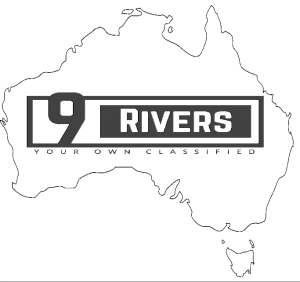Online safety and password are crucial to be educated about in this age and time.
How to
- Attempt abbreviating a word. By way of example,”An apple a day keeps doctor away” can become”A@aDkD@!”
- Longer passwords are constantly stronger, so try having a favorite quote, or even a line from a song, book, or film. Bear in mind that some sites have password length restrictions, so make sure to follow these as well.
- Avoid using common passwords such as”123456″ or”password,” or information about you that other people may easily have the ability to find out, like a nickname, your road, or the name of a furry friend. You create one master password to the manager and let it keep all the others safe.
- When you're developing a password for your account, make sure that you incorporate a mixture of symbols, numbers, and letters, both uppercase and lowercase. Avoid using the same passwords for multiple accounts. It's more difficult to remember, but it will keep your data safer.
- Stay away from websites with misspellings or bad grammar in their addresses, which might be dangerous copycats of valid websites. You will be putting your data at risk if you use sites that are unsafe, no matter how secure is your password.
- Also be aware of sites which have a great deal of pop-ups, or numbers or gibberish in their addresses.
- Logging into a site creates a cookie in your browser, which explains you and, if stolen, can compromise your account. This is especially an issue on sites that hold sensitive information, like credit card number or your bank card. Log off when finished.
- Remember to log out of any site you use on a public computer or community.
- Log out of any online banking or shopping site you use, even on your house computer and community.
- It is typically OK to keep your home computer logged on to accounts like your own email or social media, provided that you make sure to lock your computer in the event that you ever step away from it.
- To check if an account has multi-factor authentication, check the site's Settings page. This extra step may seem bothersome, but it is going to keep your data safer than only a password.
- You are able to use some password supervisors available for free, while more superior options are available for a fee. Popular, reliable password supervisors include 1Password and LastPass etc.
- You could also use your browser's built-in password syncing service, though it's considered less safe and more vulnerable to hacking, so use with care.
- Multi-factor authentication creates an account even more secure by requiring additional info to let you log in, like a code delivered to your phone. Social media and many email providers accounts offer this service.









